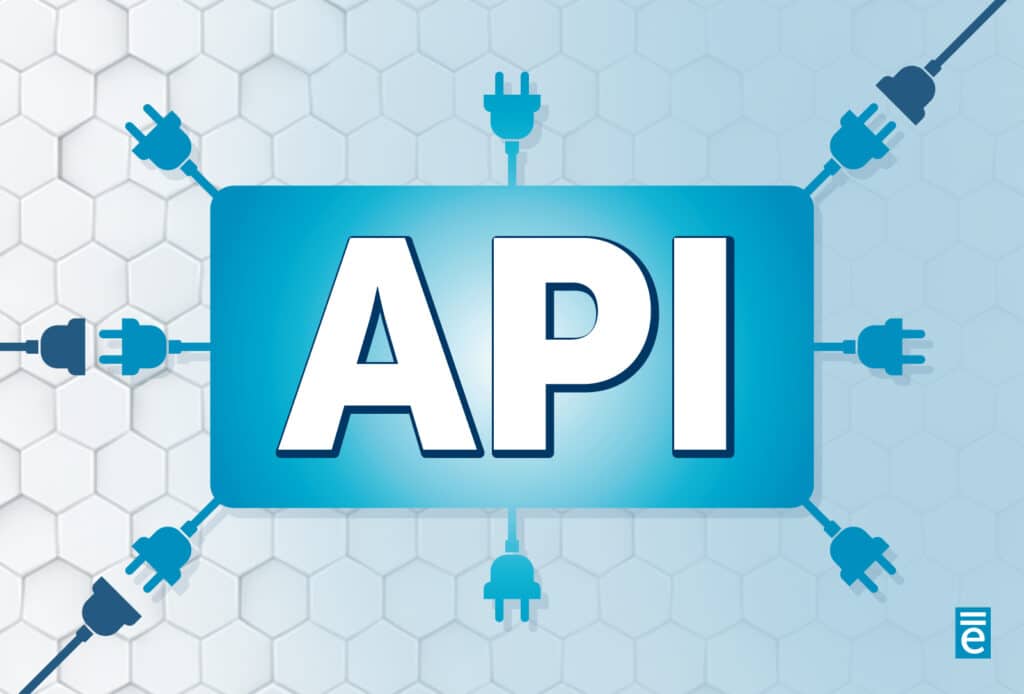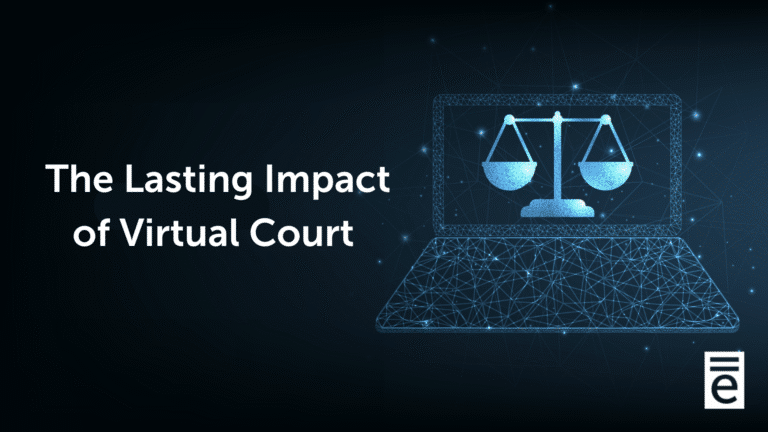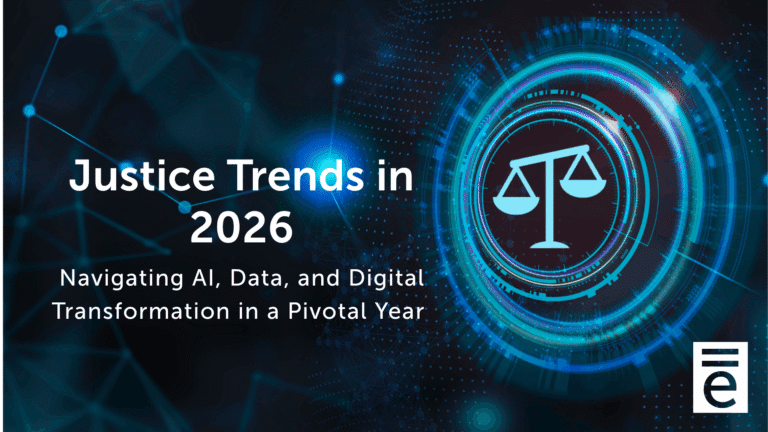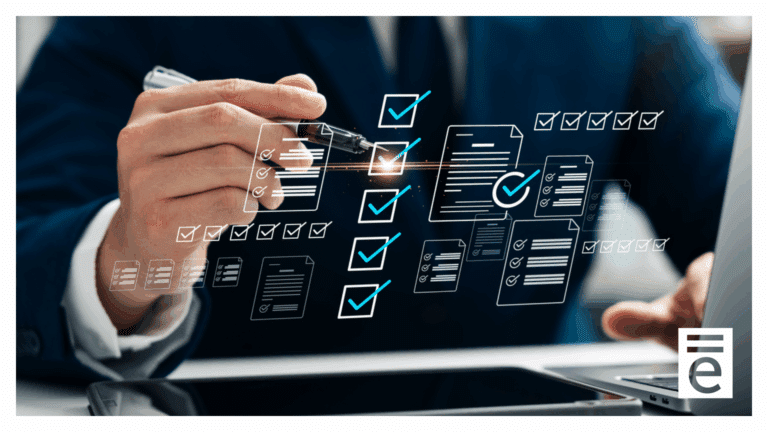Data is coming and going through your agency at astounding rates, and that data-sharing is an essential part of the justice process. In order to keep the wheels of justice moving, it’s important to keep data flowing as seamlessly as possible to ensure all your decision-makers have what they need, when they need it.
One of the best ways to keep data moving is to use application programming interfaces or APIs. APIs provide connection points for your system to interface with other systems, and they set the “rules” for how data moves in and out of a system. Think of an API like an electric wall plug – it sets the parameters for what can be plugged into it.
APIs are one piece of the data-sharing puzzle. You’ve also likely heard us talk about IJIS Integration and Data Broker, which is another essential piece. To continue with the electricity analogy, the API is the wall plug, and the broker/integrator is the currency converter. IJIS Integration and Data Broker can convert any data into a language your system will understand, but if the data doesn’t meet the parameters set by your API (i.e., you try to plug a U.S. appliance into a European wall outlet), it will bounce the data back to its source.
That’s why it’s important for your CMS to have a multitude of APIs available so you’ll be able to participate in a multitude of data exchanges. If your team had to build custom APIs for every single data exchange you wanted to make, you’d be investing a lot of time recreating something that should come standard within your CMS.
In equivant JWorks, a full API library is already built in. Having access to these connectors helps ensure data quality and completeness, and it saves you time and money. You’re going to need to interface with other agencies and data sources, so why not make it easier and faster with an established API library?
If you’re ready for smooth, seamless data exchanges, let’s talk. Our team of experts can help you evaluate data-sharing needs for you and your stakeholders. Contact us to learn more today.





